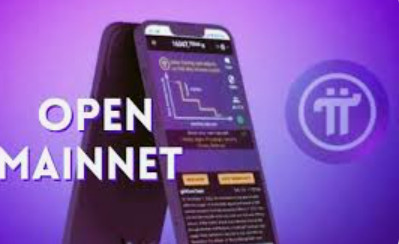
Google has unveiled a revolutionary leap in quantum computing with its Sycamore X2 chip, a breakthrough that could redefine the future of technology. This new chip offers unprecedented computational power and speed, marking a major advance over traditional computers. Unlike classical systems, which rely on bits that represent either a 0 or a 1, Sycamore X2 utilizes qubits—quantum bits that harness the principle of superposition, allowing them to represent both 0 and 1 simultaneously. This capability enables quantum chips to solve complex problems at speeds far beyond what classical computers can achieve.

In a stunning demonstration of its potential, the Sycamore X2 chip solved a computational problem in mere seconds—a task that would have taken the world’s fastest supercomputers an estimated 47 years to complete. This groundbreaking achievement underscores the immense promise of quantum computing, offering a glimpse into a future where problems once deemed insurmountable are solved with ease.
The implications of quantum computing extend across numerous fields. In science, it could accelerate drug discovery and genomics, unlocking new medical treatments. Quantum chips also hold the potential to optimize global energy systems, improving efficiency and sustainability across power grids. Artificial intelligence stands to benefit significantly, with quantum computing enabling the creation of smarter, more intuitive algorithms. Additionally, quantum advancements could redefine secure communication systems, ensuring privacy in an increasingly interconnected world.
Yet, as with any revolutionary technology, quantum computing raises significant concerns, particularly in the realm of cybersecurity. Cryptocurrencies like Bitcoin rely on cryptographic algorithms to secure transactions, and the advent of powerful quantum computers could eventually break these encryption methods. Although experts agree that this threat is still years away, it highlights the urgent need for quantum-resistant security measures. Blockchain developers are already exploring solutions to protect against the potential risks posed by quantum advancements.

Google’s Sycamore X2 chip represents a pivotal moment in the evolution of computing. It showcases the extraordinary capabilities of quantum technology and its potential to address some of the world’s most pressing challenges. As we stand at the threshold of a quantum-powered future, the question is no longer if this technology will reshape our world, but how quickly it will do so.
This achievement is a reminder that progress often brings both exciting possibilities and new challenges. While we celebrate the opportunities unlocked by the Sycamore X2, it is crucial to prepare for the complexities and risks that come with a quantum-driven future.










